La mayoría parece intuir que el mundo se enfrenta a un grave peligro tanto social como ecológico. En todas partes la gente se está movilizando, creando olas de conciencia y solidaridad para contribuir de manera constructiva. A estos movimientos ciudadanos ya se les está llamando “la nueva superpotencia”. Cada vez más los gobiernos locales y nuevos líderes están poniéndose a la altura del reto democrático. Empresas comprometidas con sus comunidades locales están colaborando para crear “economías locales vivas”. Este “Nuevo Localismo” se está esparciendo globalmente entre la sociedad civil, la empresa y el gobierno. Como dijo el cantautor Pete Seeger, “el mundo lo salvaráN los que salven sus propios hogares”.
Interconectarse es tan importante como diseminar soluciones que apoyen a la vida. Fritjof Capra, físico y escritor, ya lo dijo: “Las redes son la pauta básica de la organización de todo sistema viviente. Desde su comienzo hace tres mil millones de años, la vida no se apoderó de este planeta combatiendo sino haciendo redes. Cuanto más conectemos esta inteligencia descentralizada y hagamos circular modelos innovadores de lo que funciona, más posibilidades tendremos de sacar al mundo de las llamas.”
El meollo biológico
Estoy convencido de que el mundo llegó a un punto decisivo en el año 2006. David Orr lo llama “una iluminación ecológica global”. En todo el mundo la gente se está retirando del borde del abismo para exigir soluciones de verdad. Este movimiento de movimientos global sin precedentes lo describe Paul Hawken como “la respuesta inmunitaria de la humanidad.” Según él, ya se le puede considerar el mayor movimiento en la historia del mundo y está creciendo a marchas forzadas.
Realmente es la hora de la verdad. Un imperio de multinacionales desbocado hacia la concentración de la riqueza está amenazando el futuro de nuestra biosfera. Todos sabemos que los imperios no son más que castillos de arena que acaban desmoronándose, pero si el árbitro hubiera mandado a ese imperio al banquillo, el partido ya podría haberse acabado. La globalización corporativa está matando a su anfitrión, la Madre Tierra.
A decir verdad, la clase política en general no tiene ni idea de por dónde tirar. No ha tenido ningún plan, aparte de comer todos los víveres de golpe. Aunque el imperio parece tener un poder que asusta, la verdad es que está haciendo aguas por los cuatro costados. Limpiar el medio ambiente depende de limpiar la política. La democracia es la clave de la restauración. Para llegar a la auténtica democracia, hace falta una separación de la grandes corporaciones y el estado.
En todas partes la gente empieza a rechazar la idea de la deificación del mercado por encima de los derechos humanos y medioambientales. Amory Lovins lo describe así: “Los mercados son un buen sirviente pero un mal amo y una peor religión. Los mercados producen cosas de valor, pero sólo las comunidades y las familias producen valores. Una sociedad que intenta sustituir mercados por política, ética o fe, se irá seriamente a la deriva.”
Como bien saben los que ostentan el poder, la creación de riqueza depende en gran parte de las políticas y el herario públicos. Tenemos que cambiar las política públicas para servir al bien común. Imagínense crear un Compromiso Verde: un programa de obras públicas que de un empujón a la restauración mediante una transición rápida hacia la energía renovable, la agricultura ecológica y un sistema sanitario robusto, basado en el bienestar, la medicina preventiva y la recuperación de los ecosistemas sobre los que depende la salud de todos.
Al hacer todo esto, incrementaremos de forma drástica la Seguridad nacional y medioambiental. Seremos catalizadores de un enorme programa de re-creación de empleo que dará trabajos con sentido a cambio de un salario digno. Incitaremos a un sinnúmero de nuevas empresas e innovaciones tecnológicas que se pueden diseminar por todo el mundo para repartir la riqueza.
Contamos con brillantes innovadores sociales y científicos que llevan tiempo cultivando con paciencia las semillas de exitosos proyectos a nivel local, regional y hasta social para la transformación hacia una civilización sostenible. Está adquiriendo forma un movimiento de globalización alternativo de proporciones sin precedentes, tejiendo una red verde de modelos innovadores versados en las verdaderas biotecnologías y en la equidad social.
Este nuevo mundo está naciendo en este mismo momento, delante de nuestros ojos. Mimetiza la inteligencia descentralizada de los sistemas vivientes, la democracia innata de la vida. Se funde en el reconocimiento de que la principal seguridad nacional proviene de la seguridad medioambiental. De hecho, confirman los analistas de la CIA, el mayor desafío a la seguridad en los años venideros, será el deterioro del medio ambiente. En términos de seguridad global, no se puede achacar a la coincidencia que los puntos políticamente más calientes y los caldos de cultivo del terrorismo, son aquellos que tienen el mayor índice de pobreza y degradación medioambiental.
Planeta Simbiótico
Nadie sabe de cuánto tiempo disponemos. Un reciente cambio de paradigma echó por tierra la teoría científica convencional que decía que los ecosistemas responden a la degradación paulatina y constante, que antes de cruzar ese umbral lo veremos venir y podremos tomar un paso atrás. Un estudio publicado en Nature llegó a la conclusión de que el asalto humano a la naturaleza ha dejado a muchos ecosistemas en un estado tan frágil que la mínima alteración podría provocar un desmoronamiento catastrófico, causando cambios abruptos sin apenas avisar. A pesar de parecer viables, los ecosistemas llegan a un punto de inflexión cuando su resistencia se encuentra demasiado socavada. Tales cambios pueden ser irreversibles.
No sabemos a cuánto estamos del punto de inflexión. Precaución es la mejor consigna, pasando de gestionar el daño a prevenirlo. En la adopción del Principio de la Precaución, alrededor del mundo resuena el sentido común de la abuela: “más vale prevenir que curar, mujer precavida vale por dos…”
En alemán, la palabra para referirse al principio de la precaución, Vorsorgeprinzip, significa “cuidar hacia el futuro”. La experta en biomímica, Janine Benyus, enfoca la idea de la siguiente manera: “El criterio de éxito biológico es mantenerte vivo a ti mismo y a tus hijos. Pero no se trata solo de tus hijos, sino de los hijos de los hijos de tus hijos, a diez mil años vista. Ya que no estarás allí para cuidar de ellos, tienes que cuidar del lugar que cuidará de ellos. Por eso, la principal e innegociable política que tenemos que convertir en ley es que la vida crea las condiciones propicias para la vida.”
El Principio de la Precaución se remonta a la antigua sabiduría indígena norteamericana, el principio de la Séptima Generación: todas nuestras decisiones tienen que basarse en cómo afectarán al bienestar de la séptima generación venidera. De hecho, en gran medida las poblaciones indígenas han entendido lo que hay que hacer para crear una relación sostenible con la tierra y con ellos mismos. A lo largo del tiempo han actuado con el conocimiento de que los humanos somos una especie clave de la que dependen muchos otros. Han administrado conscientemente un paisaje co-evolucionario centrado en la salud y el bienestar de la red superior de vida de la que los humanos dependemos. Como dice el autor Malcolm Margolin, “es muy importante poder ver a la humanidad no como algo aparte del mundo ni destructivo con él. Las personas, según su manera de vivir, de hecho pueden llegar a ser una bendición para la tierra.”
Kenny Ausubel es co-fundador de The Bioneers






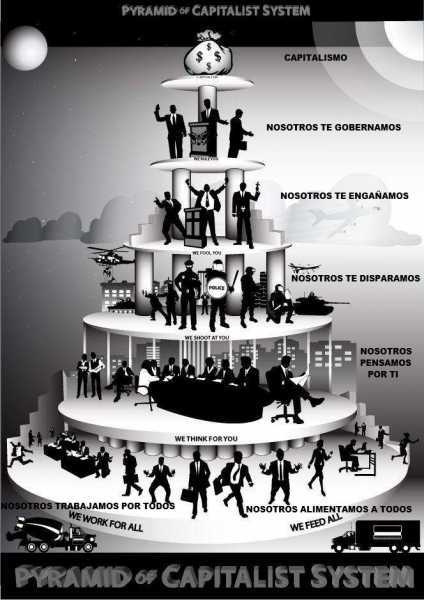
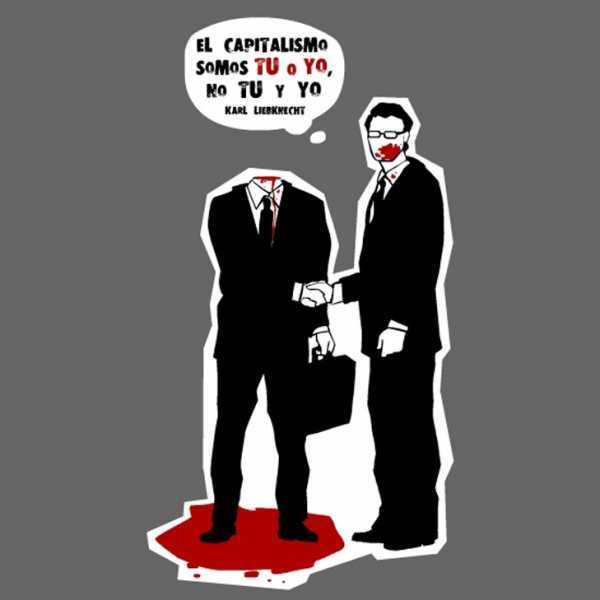
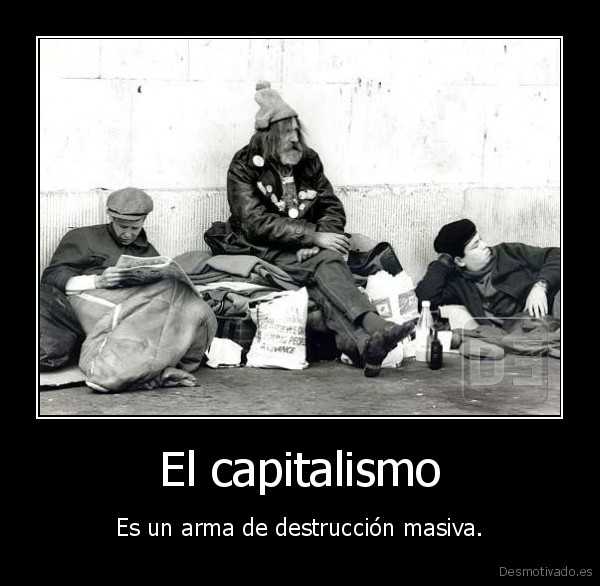
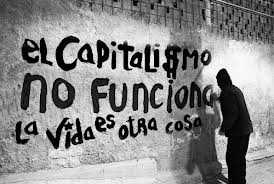
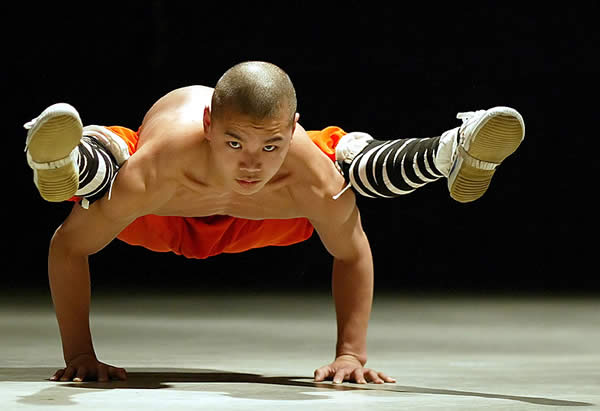

 hasta el Turquestán chino, Altai, Mongolia y Tibet. La crónica de este viaje está recogida en su libro El Corazón de Asia.
hasta el Turquestán chino, Altai, Mongolia y Tibet. La crónica de este viaje está recogida en su libro El Corazón de Asia.
 promovidos por Nicolas Roerich, con el fin de proteger los tesoros del genio humano, estableciendo que las instituciones educativas, artísticas, científicas y religiosas, así como los lugares de relevancia cultural, debían ser declarados inviolables, y respetados por todas las naciones, tanto en tiempos de guerra como en tiempos de paz.
promovidos por Nicolas Roerich, con el fin de proteger los tesoros del genio humano, estableciendo que las instituciones educativas, artísticas, científicas y religiosas, así como los lugares de relevancia cultural, debían ser declarados inviolables, y respetados por todas las naciones, tanto en tiempos de guerra como en tiempos de paz.



